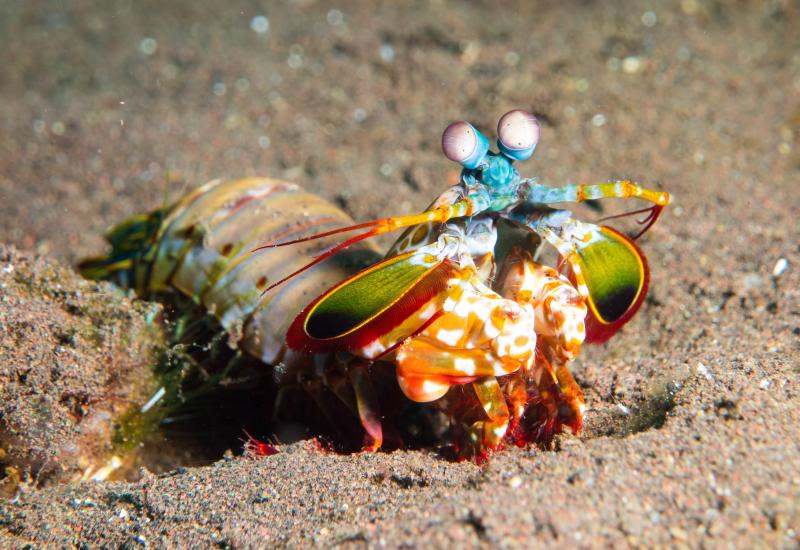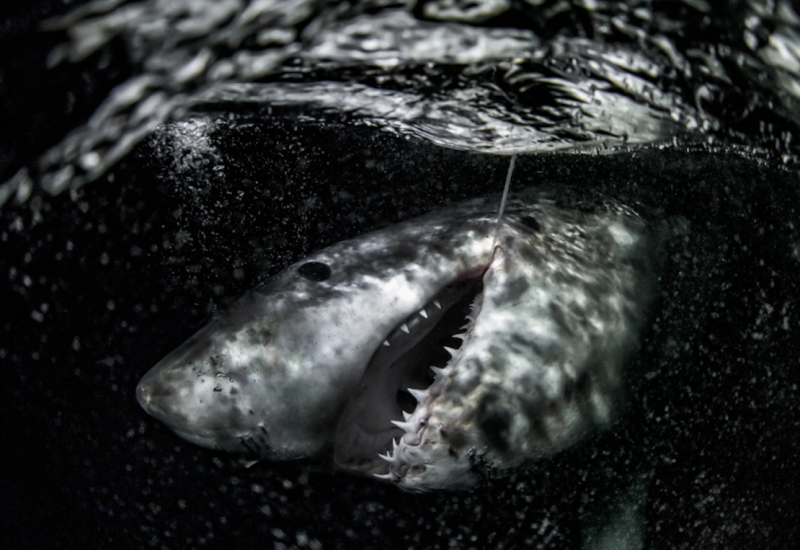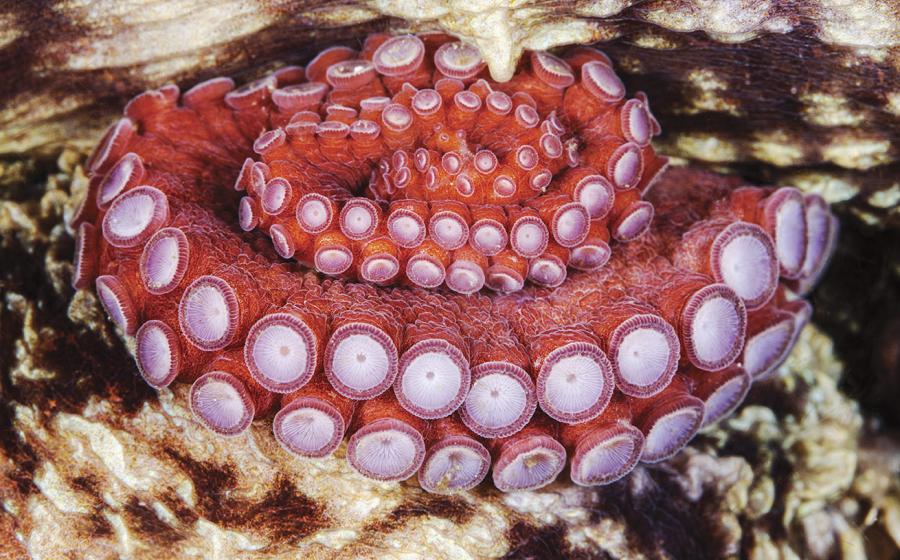What It’s Like to Dive With a Walrus
Danger is involved every time you swim with a walrus. It’s a managed danger — you choose the right animal on the right day, and the right animals are neither scared nor aggressive. This isn’t something that can ever be rushed. One of my best encounters was off Canada’s Ellesmere Island. A group of 15 walruses was swimming past divers I was leading on an Arctic Kingdom trip.
In general, walruses are social, surviving as a family unit, so seeing them in groups is a good sign. Then two broke from the pack — called an ooglid — and headed in our direction.

Steven HughesIn the water, walruses are much faster than you’d think
In the water, walruses are much faster than you’d think. As the pair approached, I kept descending to try to maintain the required 300 feet of distance. As I did, all I noticed was the animals’ grace. In that moment, they had what I call cathedral framing, backlit by the sun’s rays.
It was a simple sighting, but that’s the essence of the best encounters — you don’t change the animal’s behavior, you just watch. But seeing a walrus is always a rush, especially considering that this 1,500-pound animal can bear down with its tusks at breakneck speeds. Plus, they have wickedly strong heads, capable of breaking ice up to 8 inches thick. They’re naturally aggressive, both to protect their own from polar bears, and toward each other in acts of dominance. Just their sheer size is amazing: This animal is bigger than a cow. On the surface, it’s Jabba the Hutt; under the ice, it’s a ballerina.
The best part is that they’re just one element of what we call “the bubbling Arctic,” where all the wildlife is together, interacting. A small number of people ever visit these areas, much less see a walrus in the water. But when they do, something is triggered. We call it being bitten by the polar bug. The animals, the remoteness — it’s all very addictive.










